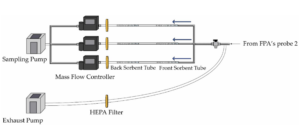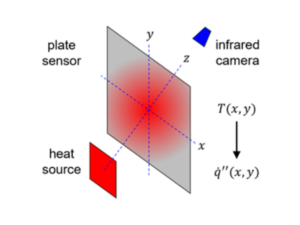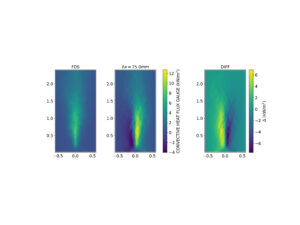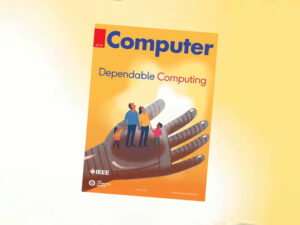Comprehensive Emissions Data from Material Extrusion 3D Printing Now Available
Chemical Insights Research Institute (CIRI) of UL Research Institutes has published a new article featuring its extensive research database of airborne emissions resulting from material extrusion 3D printing. The article, “Exposure hazards of particles and volatile organic compounds emitted from material extrusion 3D printing: Consolidation of chamber study data,” can be found in the December issue of Environment International.
The article, authored by Qian Zhang, Ph.D., a research scientist at CIRI, presents the most comprehensive database of emissions available in the scientific literature, resulting from five years of research and over 500 exposure studies characterizing ultrafine particle (UFP) and volatile organic compound (VOC) emissions. Material extrusion printing is the most widely used 3D printing technology in non-industrial environments such as office settings and educational institutions, and may present hazardous pollution exposure to users and bystanders.
The publication consolidates data across a variety of printer models, filament materials of different colors, and varying print conditions, representing one of the most extensive data sets available on 3D printing emissions. The data show that emission characteristics are affected by filament materials and print conditions. High emitting filament materials include nylon (particle), acrylonitrile styrene acrylate (ASA), acrylonitrile butadiene styrene (ABS) and high impact polystyrene (HIPS). VOCs emitted included chemicals known to be carcinogens, irritants, and developmental and reproductive toxins. Additionally, particle emissions are more sensitive to printing conditions than VOC emissions. In general, 3D printing emissions are a complex mixture of UFPs and hazardous chemicals, exposure to which may exceed recommended limits.
Based on this research, 3D printing users should be aware of potential hazards of emissions and take appropriate measures to mitigate exposure.
For more information on 3D printing, visit our data portal for a subset of the data and view our educational resources.
As a nonprofit institute, CIRI of UL Research Institutes is on the frontlines of researching rapidly emerging chemical and environmental safety threats facing people and the planet today. We share knowledge and actionable resources to protect human health.
Contact
Bert Kelly
Chemical Insights Research Institute
UL Research Institutes
Bert.Kelly@ul.org
1-470-957-7854
PUBLISHED









